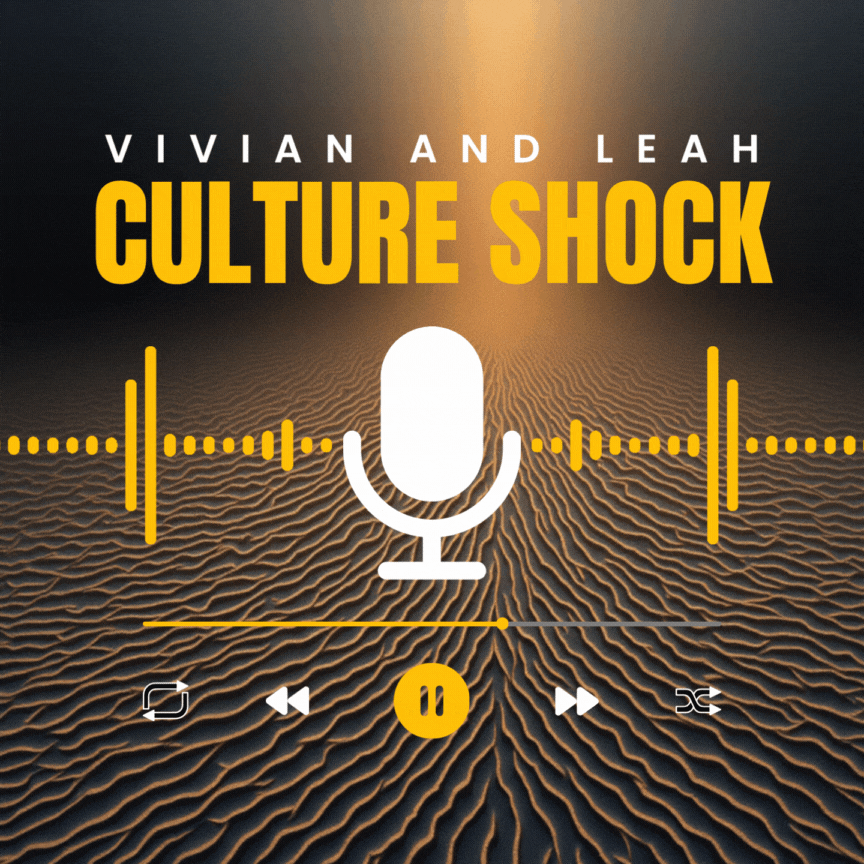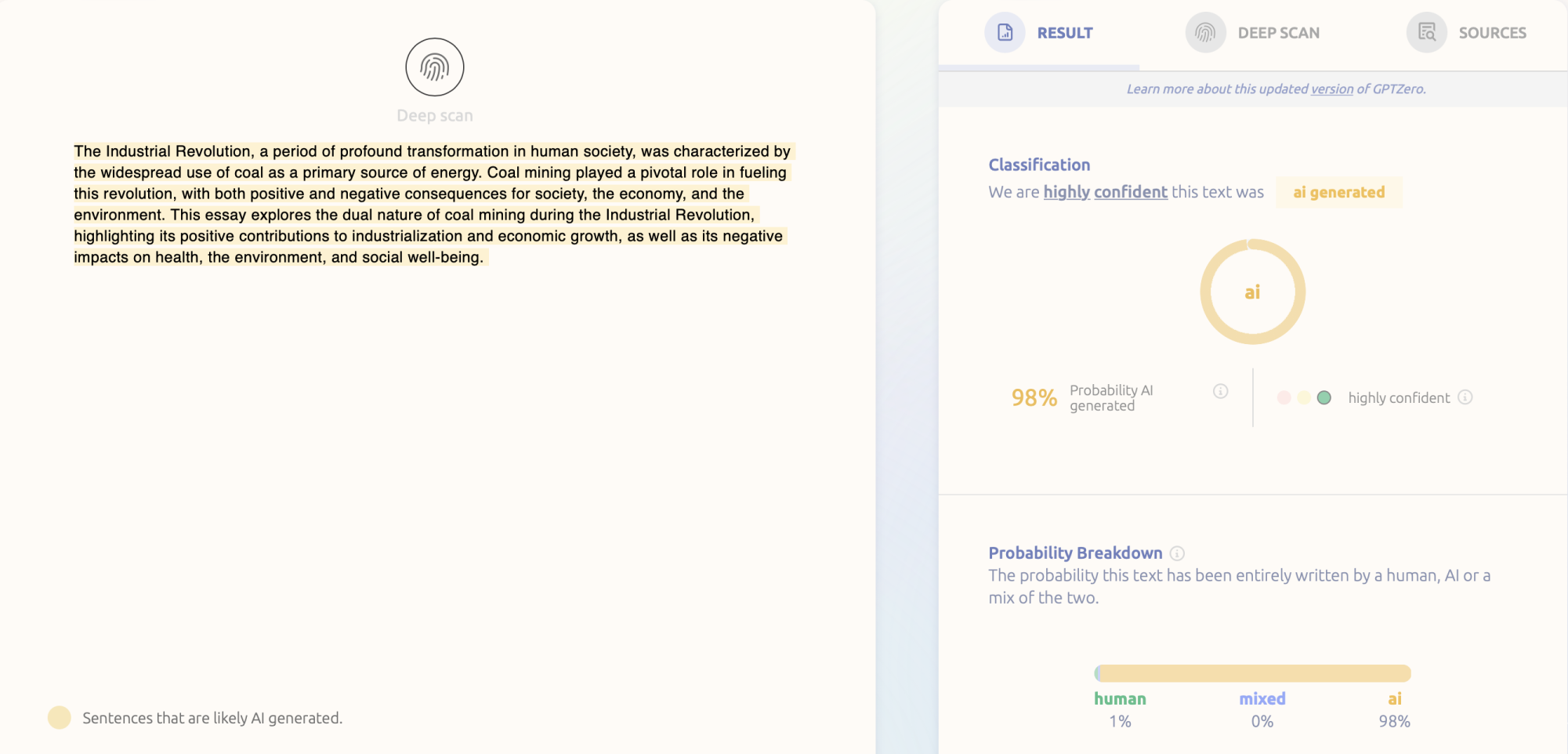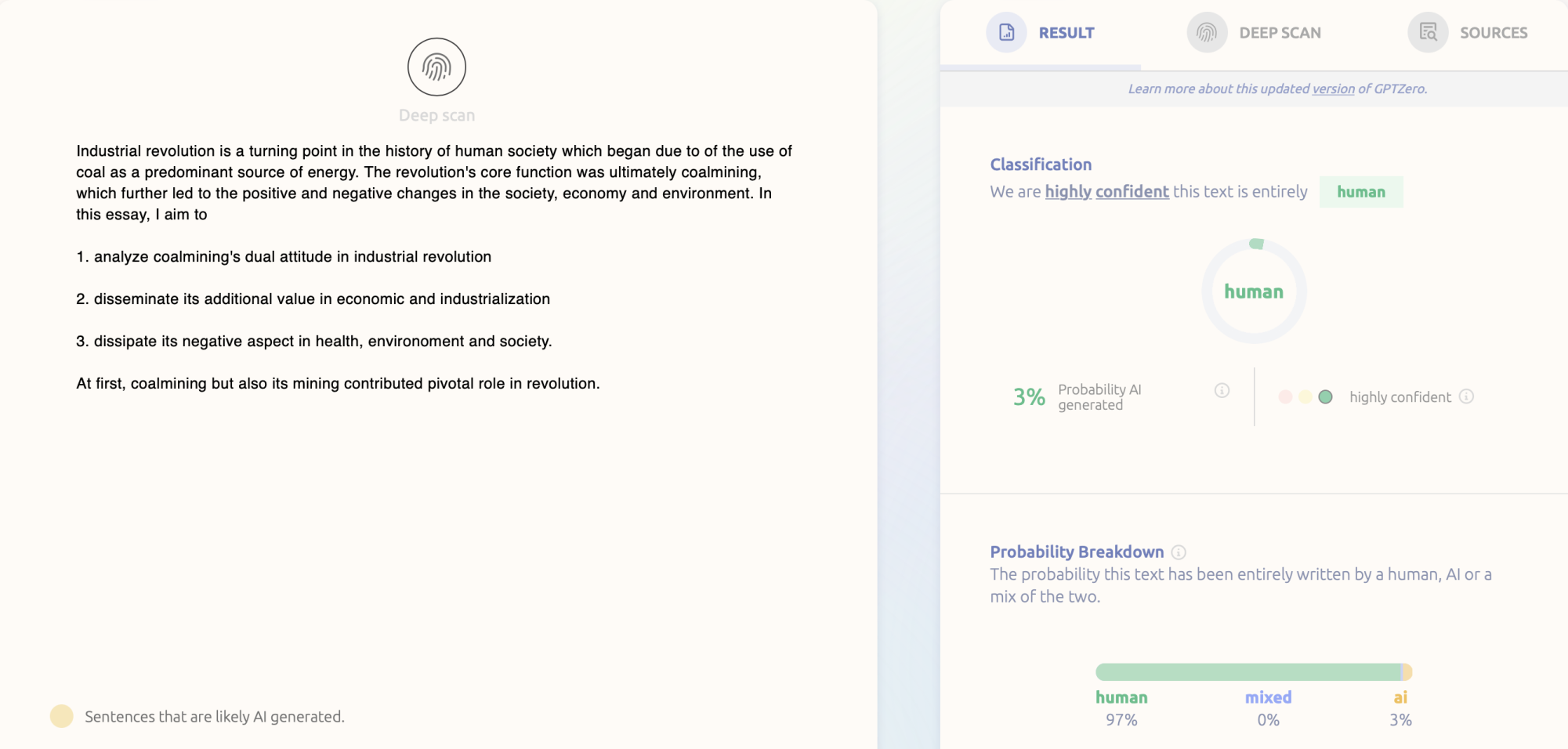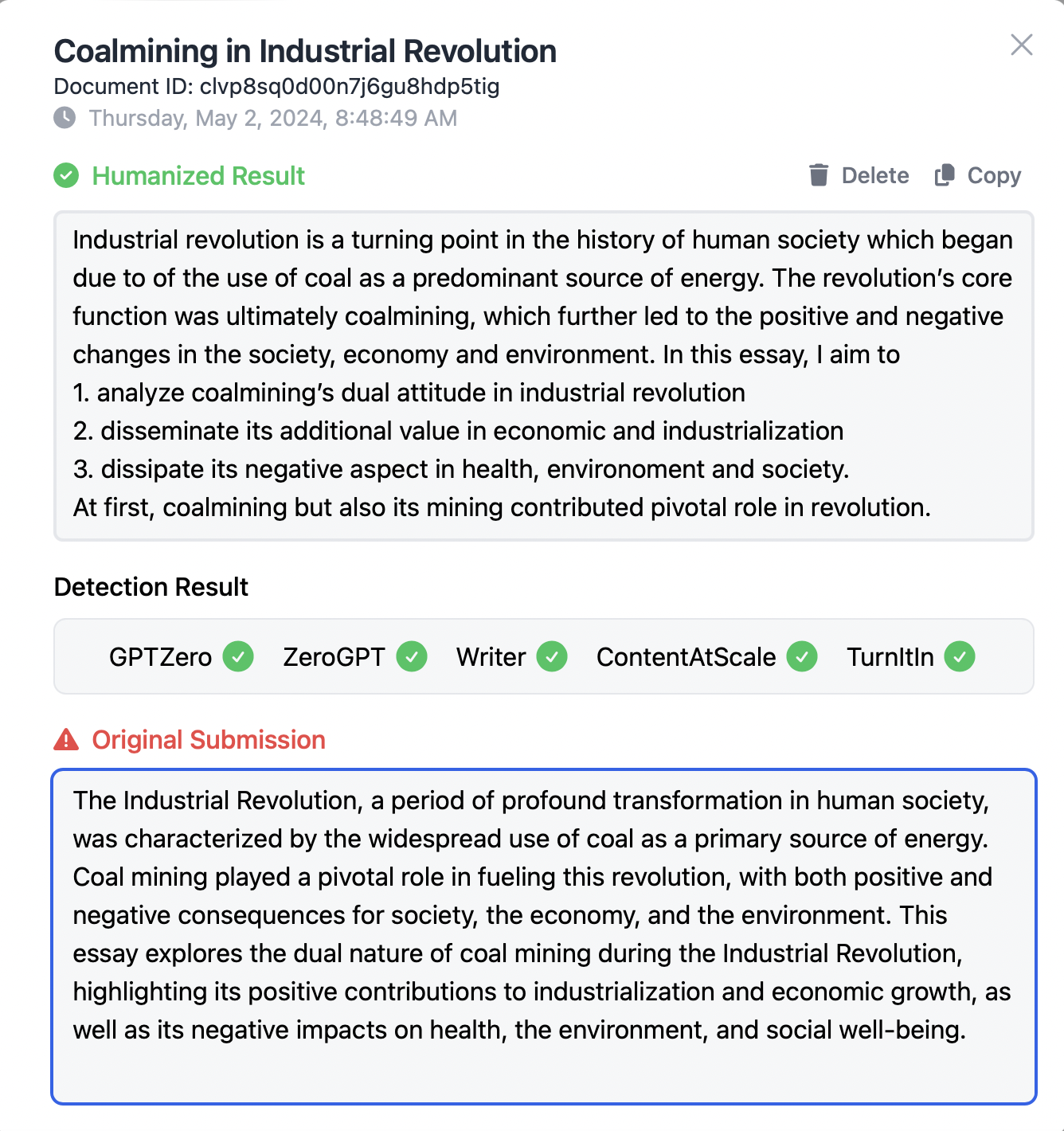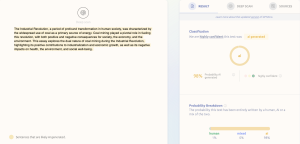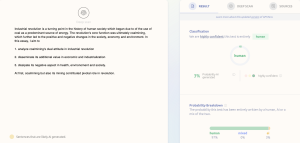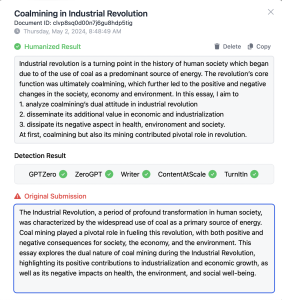Unabashedly tempting students to cheat, AI humanizers—commonly known as text spinners—have been promoted on social media as quick and easy tools to write essays, boasting the ability to bypass AI detectors.
This technology also shamelessly advertises directly to students, encouraging them to cheat.
As C0-Managing Editor Mary Wang recently reported, “Upper School History and Journalism teacher David Cutler sympathizes with students, who he said are increasingly tempted to cut corners due to savvy marketing campaigns funded by investors primarily focused on profits, with little regard for ethical considerations.”
We strongly condemn Phrasly for capitalizing on overworked students, urging them to “save time, “boost grades, and “easily bypass AI detectors like TurnItIn and GPTZero.”
In composing this editorial, we struggled with whether to even mention Phrasly, fearful that it would entice students to access it. Ultimately, we cannot deny its existence. It’s out there, and we must confront it.
Unfortunately, AI humanizers are excellent at bypassing AI detectors.
As an experiment, we used ChatGPT to write the introduction to an essay, which GPTZero labeled as 98 percent AI generated. When Phrasly humanized the writing, the same AI detector gave it an AI probability score of just three percent.
While these AI humanizers are easy to use and access, they do not improve your writing. The same essay introduction, humanized by Phrasly, had a noticeably lower quality, with misspellings, first person statements, and poor word choice.
We know that students have enough integrity to do better than take an easy shortcut. We don’t need to rely on AI humanizers to take the place of our own writing, or to substitute our voice.






























